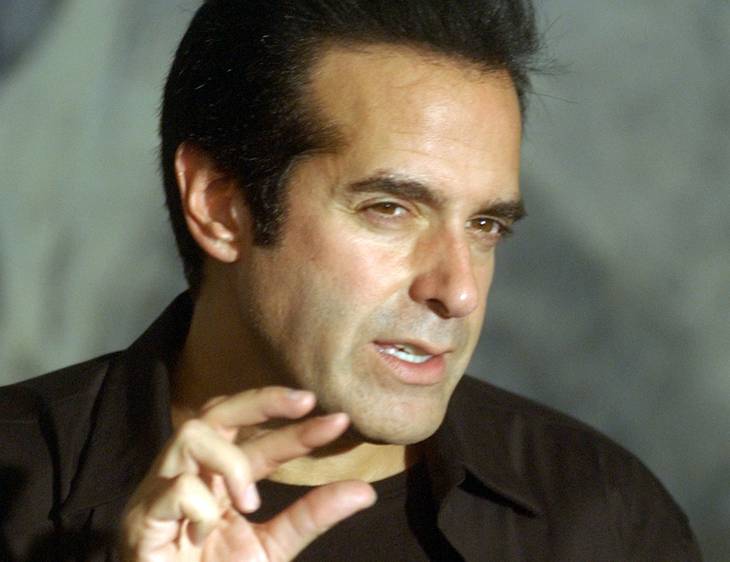What do a young entrepreneur and an illusionist have in common?
Ask David Copperfield, the world-renowned master of illusion, and he’ll tell you the jobs are very much the same: from a demand to push limits to selling a brand to being brave in the face of adversity.
That seemed to be the takeaway of his question-and-answer session at Tech Cocktail’s 2014 Celebrate Conference, where Copperfield sat down with Ben Par, co-founder of the venture capital firm DominateFund, and chatted about his career as an illusionist and entrepreneur in front of a crowd of up-and-coming startup leaders.
Here’s a look at the highlights of Copperfield’s appearance, edited for length and clarity:
On what separates him from other illusionists
I really fought to do what you’re doing with all your businesses: to be relevant and communicate something more. I’ve searched for ways to touch people. I wouldn’t vanish a girl; I would vanish a girl in a shower as a scene from the movie Psycho, because that’s something people related to.
I didn’t just vanish an object, I vanished the Statue of Liberty. It was something my mother saw when she came to America. It touches me as a consumer and a person. I’m kind of locked into the brand. [There’s] a brand loyalty.
On the philosophy behind his magic
Making stuff disappear is normal, but doing a piece of magic that really communicates something as part of a core value is the real trick. That’s why you know me: I didn’t leave magic where it was. I tried to take it further in a more personal direction.
On the secret to captivating an audience
I think it’s listening. In my business, things have vastly changed. Our business used to be putting on a Broadway show or a movie and you talked to the audience, you told them what you wanted and delivered information. Now, it’s a two-way conversation, for better or for worse. They get to talk back to you [on Twitter]. They get to review you.
They tell you immediately. It’s Facebooked. It’s Facetimed immediately. It’s amazing, and it sucks. But it’s good, because you learn from it. You have to listen.
For years and years, I didn’t have to do that. Now my shows are about using cell phones and Internet. It’s very interactive. It’s a great opportunity to take what I do and combine it with what you do. I listen a lot.
